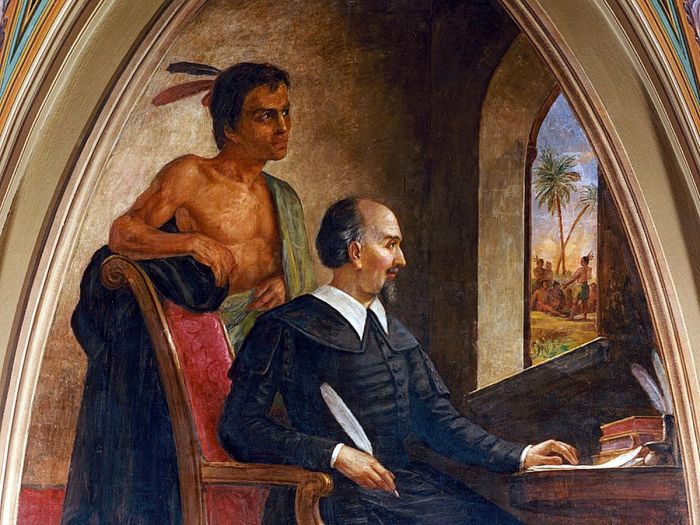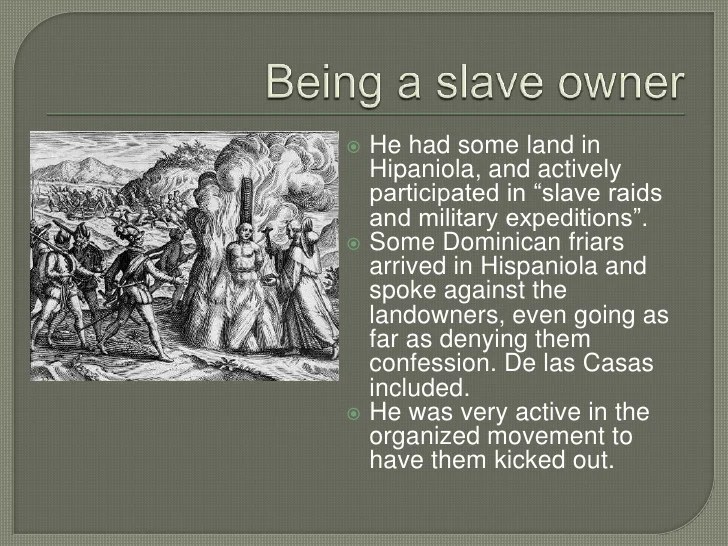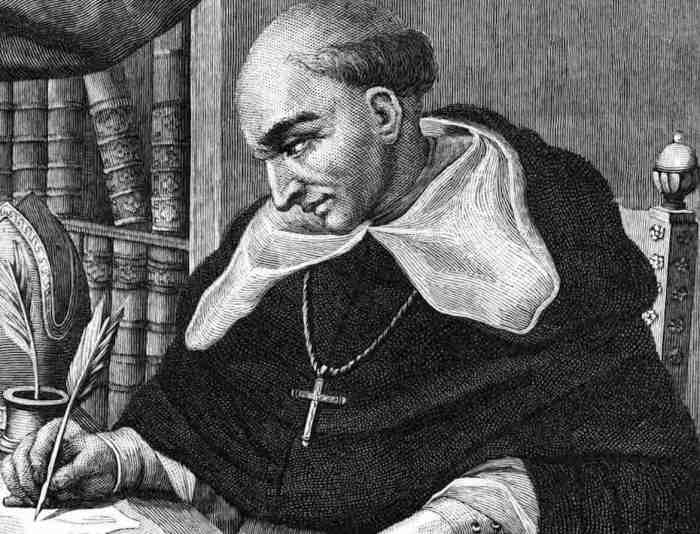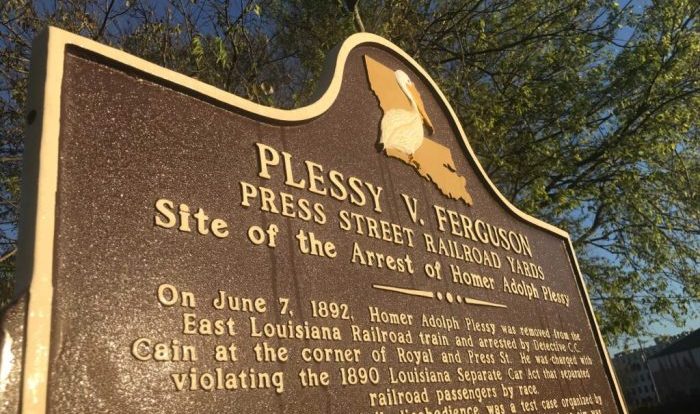Bartolome de las casas apush definition – Bartolomé de las Casas, a Spanish priest and historian, emerged as a staunch advocate for the rights of indigenous peoples during the era of European colonization in the Americas. His firsthand accounts of the atrocities committed against the native population ignited a profound transformation in Spanish policy and left an enduring legacy in the fight for social justice.
Las Casas’s early experiences in the Caribbean, where he witnessed the horrors of Spanish conquest, profoundly shaped his worldview. His conversion to an advocate for indigenous rights led to the publication of his influential “Brief Account of the Destruction of the Indies,” which exposed the brutality of Spanish rule and became a catalyst for change.
Bartolomé de las Casas: Early Life and Influences

Bartolomé de las Casas, a Spanish priest and historian, emerged as a staunch advocate for indigenous rights in the Americas. Born in Seville, Spain, in 1484, Las Casas witnessed the brutality of Spanish conquest firsthand during his travels to the Caribbean.
His early experiences shaped his worldview and influenced his lifelong commitment to defending the rights of indigenous peoples.
Key Individuals and Events
Las Casas’s early life was marked by the influence of several key individuals. His father, Pedro de las Casas, was a wealthy merchant who instilled in him a sense of social justice. The writings of Thomas More and Erasmus also inspired Las Casas, exposing him to ideas of humanism and the dignity of all people.
Arrival in the Americas and Witnessing Atrocities

In 1502, Las Casas embarked on his first voyage to the Americas, where he witnessed firsthand the horrors inflicted upon indigenous populations by Spanish conquistadors. In the Caribbean islands, he observed the enslavement, torture, and massacre of countless natives. Las Casas’s experiences in the Americas profoundly affected him, and he became an outspoken critic of Spanish colonial practices.
Specific Examples of Violence and Exploitation, Bartolome de las casas apush definition
Las Casas documented numerous instances of Spanish atrocities in his writings. He described the forced labor of indigenous peoples in gold mines, where they were subjected to inhumane conditions and often worked to death. He also witnessed the use of dogs to hunt and kill natives, as well as the public burning of those who resisted Spanish rule.
Conversion to Advocacy and the “Brief Account of the Destruction of the Indies”
Las Casas’s experiences in the Americas led him to undergo a profound conversion, abandoning his initial support for Spanish conquest and becoming an advocate for indigenous rights. In 1542, he published his influential work, “Brief Account of the Destruction of the Indies,” which became a powerful indictment of Spanish colonialism.
Main Arguments and Evidence
In his “Brief Account,” Las Casas presented a detailed and horrifying account of the atrocities committed against indigenous populations. He argued that the Spanish had violated the rights of the natives, who were innocent and had been unjustly enslaved and exploited.
Las Casas’s work became a powerful tool for those who opposed Spanish colonialism and helped to raise awareness of the plight of indigenous peoples.
Las Casas’s Role in the Valladolid Debate: Bartolome De Las Casas Apush Definition

In 1550, Las Casas participated in the Valladolid Debate, a series of discussions held in Spain to determine the legitimacy of Spanish rule in the Americas. Las Casas argued against slavery and the mistreatment of indigenous peoples, while his opponent, Juan Ginés de Sepúlveda, defended the Spanish right to conquer and enslave.
Arguments against Slavery and Defense of Indigenous Rights
Las Casas presented a powerful case against slavery, arguing that it was immoral and violated the natural rights of indigenous peoples. He also argued that the Spanish had no right to conquer and enslave the natives, as they were already rightful owners of their land.
Las Casas’s arguments were influential, and the debate helped to shape Spanish policy towards indigenous peoples.
The New Laws of 1542 and Las Casas’s Legacy
Las Casas’s advocacy played a significant role in the development of the New Laws of 1542, which were designed to protect indigenous rights and regulate Spanish colonialism. The laws prohibited the enslavement of indigenous peoples and established a system of encomiendas, which granted Spanish colonists the right to collect tribute from indigenous communities.
Provisions and Impact on Spanish Policy
The New Laws of 1542 represented a major step forward in the protection of indigenous rights. They limited the power of Spanish colonists and established a system of checks and balances to prevent the abuse of indigenous peoples. Las Casas’s influence on the laws is a testament to his lifelong dedication to advocating for the rights of the oppressed.
Answers to Common Questions
What were the key arguments presented by Las Casas in his “Brief Account”?
Las Casas argued that the indigenous peoples of the Americas possessed inherent rights, including the right to life, liberty, and property. He condemned the Spanish conquest as a violation of these rights and denounced the violence and exploitation perpetrated against the native population.
How did Las Casas’s advocacy contribute to the New Laws of 1542?
Las Casas’s writings and testimony played a significant role in shaping the provisions of the New Laws, which aimed to regulate Spanish conduct in the Americas and protect the rights of indigenous peoples. The laws included measures to prevent forced labor, promote fair treatment, and establish a system of legal protections for native communities.
